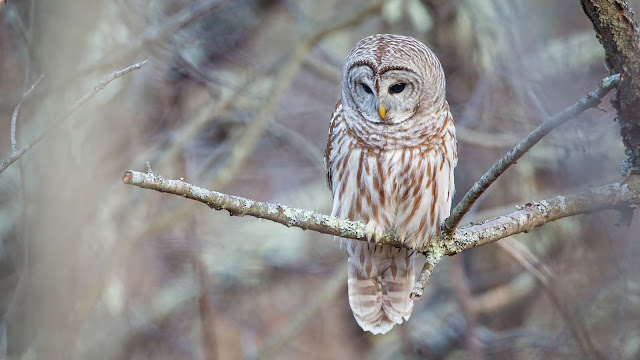Benefits Of Hunting Small Game

Small game outtings can be some of the most fun hunts you can go on. Oftentimes, when you find a good habitat for these animals, there is a lot of action and many hunts are successful. Some of the most common small game you can hunt are squirrels, rabbits, ducks, grouse, pheasants, quail, doves, and geese. At first glance, these animals can seem like they may not be worth your time due to their size, so, what are the benefits of hunting small game? 1. Meat Small game can be an excellent source of meat. While they are not as large, oftentimes you are able to harvest many of them even in just one hunting outing. The amount of animals you are able to harvest makes up for their lack of size and together can yield enough meat that can last for months or even years if you store them correctly. 2. Target Practice Hunting small game can make for some great target practice. These small animals are typically much more...


